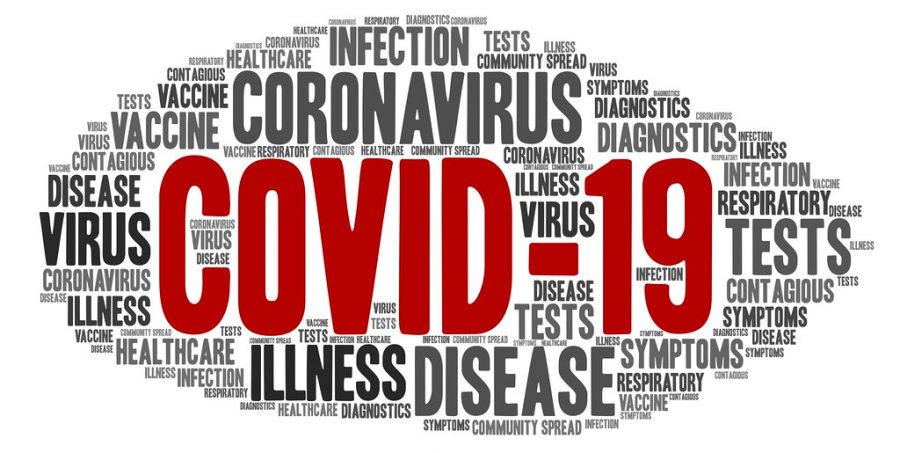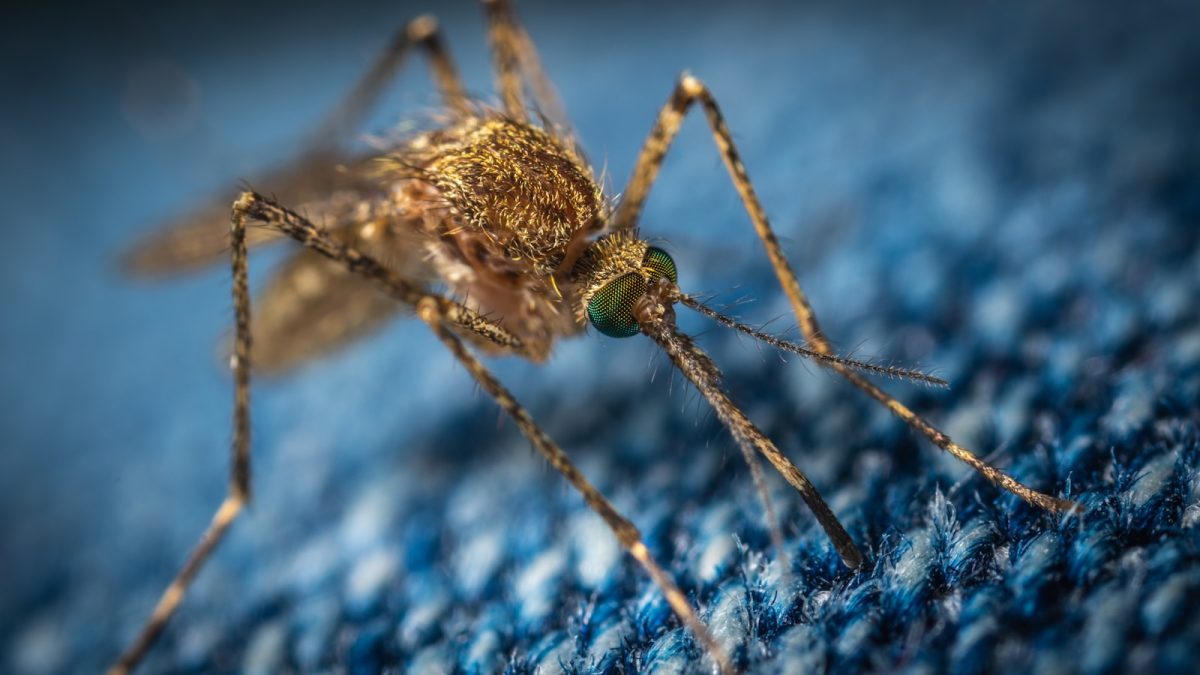Effects of COVID-19 On Your Ability To Smell
Smell Loss Among People with COVID-19
Anosmia or more commonly known as smell loss, is among the first signs of COVID-19. Everyone has a different extent of anosmia. The most common cause of anosmia is from viruses. Upper respiratory infections, an infection that affects your nose, throat or airways, are a common way in which your sense of smell can be damaged. Most people who have attracted COVID-19 and loss their sense of smell will get their smell back in 2-4 weeks. Nonetheless around 1/4 of people might have long lasting smell loss, which will last for a few months.
If you care concerned about losing your sense of smell, you can take an assortment of common household items such as vanilla extract and test if you can smell it. If you have come upon coffee that has no taste or maybe chocolate that has no taste other than sweetness and bitterness than you more than likely have anosmia.
When you chew foods the molecules from the food goes through your rim of nasal cavity, which is slightly up nose, to reach the receptors at the top of your nose. Accordingly, foods like chocolate and coffee really do not have taste, it’s actually a smell. Everything we know as taste, like bitter, salty, sour, savoriness, or uniami are in fact smells. Lots of people think they have loss of taste but it is actually due to the decreased sense of smell.
Related Stories:
https://www.scientificamerican.com/article/why-covid-19-makes-people-lose-their-sense-of-smell1/











